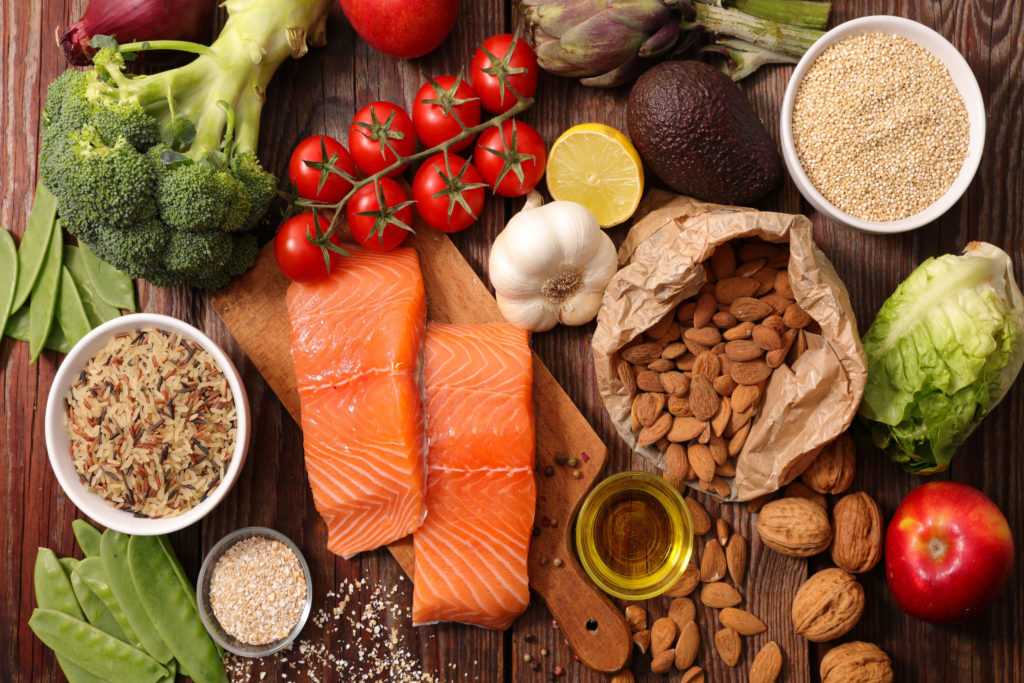Https://wellhealthorganic.com/how-protein-can-help-you-lose-weight
In the quest for shedding excess weight and maintaining a healthy lifestyle, the role of protein cannot be overstated. Often hailed as the cornerstone of a balanced diet, protein offers a myriad of benefits, including its remarkable ability to aid in weight loss. But how exactly does protein facilitate weight loss, and what makes it such an essential component of any effective weight management plan?
What is Https://wellhealthorganic.com/how-protein-can-help-you-lose-weight?
At its core, weight loss is fundamentally about achieving a calorie deficit—consuming fewer calories than your body expends. However, not all calories are created equal, and this is where protein comes into play. Unlike carbohydrates and fats, protein has a higher thermic effect of food (TEF), meaning that the body expends more energy to digest and metabolize it. This results in a greater calorie expenditure, contributing to an enhanced metabolic rate.
Moreover, protein boasts unparalleled satiety properties, helping to curb hunger and cravings. When consumed, protein triggers the release of hormones that signal fullness to the brain, promoting feelings of satiety and reducing the likelihood of overeating. By incorporating protein-rich foods into your meals and snacks, you can effectively manage your appetite and prevent excessive calorie consumption.
Muscle Preservation and Metabolic Boost
One of the most significant challenges associated with weight loss is the loss of lean muscle mass, which can occur alongside fat loss if proper measures are not taken. However, adequate protein intake can help mitigate this issue by preserving lean muscle tissue during periods of calorie restriction. This is crucial because lean muscle mass plays a key role in sustaining a healthy metabolism.
Muscle tissue is metabolically active, meaning it requires energy (calories) to maintain itself. By preserving muscle mass through sufficient protein intake and regular exercise, you can help prevent a decline in your metabolic rate, making it easier to sustain weight loss in the long term. Additionally, building and maintaining lean muscle contributes to a toned and sculpted physique, further enhancing the aesthetic outcomes of weight loss efforts.
Protein and Fat Loss: The Evidence
Numerous studies have demonstrated the effectiveness of high-protein diets for promoting weight loss and improving body composition. For example, a meta-analysis published in the American Journal of Clinical Nutrition concluded that high-protein diets are associated with greater weight loss, fat loss, and preservation of lean muscle mass compared to lower protein diets.
Furthermore, research suggests that protein intake may play a crucial role in regulating appetite and food intake. A study published in the International Journal of Obesity found that increasing protein intake led to reductions in calorie intake and improved satiety, ultimately contributing to weight loss. These findings underscore the importance of prioritizing protein as part of a comprehensive weight loss strategy.
Practical Tips for Incorporating Protein
Incorporating protein into your diet doesn’t have to be complicated. Here are some practical tips to help you boost your protein intake and harness its weight loss benefits:
- Prioritize Lean Protein Sources: Opt for lean protein sources such as poultry, fish, tofu, legumes, and low-fat dairy products.
- Include Protein in Every Meal: Aim to include a source of protein in every meal and snack to promote satiety and support muscle maintenance.
- Choose Whole Foods: Focus on whole, minimally processed foods to maximize the nutritional quality of your protein sources.
- Snack Smart: Keep protein-rich snacks on hand, such as Greek yogurt, nuts, or hard-boiled eggs, to curb cravings and prevent overeating.
- Balance Your Plate: Build balanced meals that incorporate protein, healthy fats, fiber-rich carbohydrates, and vegetables to support overall health and well-being.
Conclusion
Protein is a powerhouse nutrient that plays a critical role in weight loss and weight management. From its ability to enhance metabolic rate and promote satiety to its role in preserving lean muscle mass, protein offers a multitude of benefits for those striving to achieve their weight loss goals. By prioritizing protein-rich foods and incorporating them into a balanced diet, you can harness the transformative power of protein to support your journey towards a healthier, happier you.

